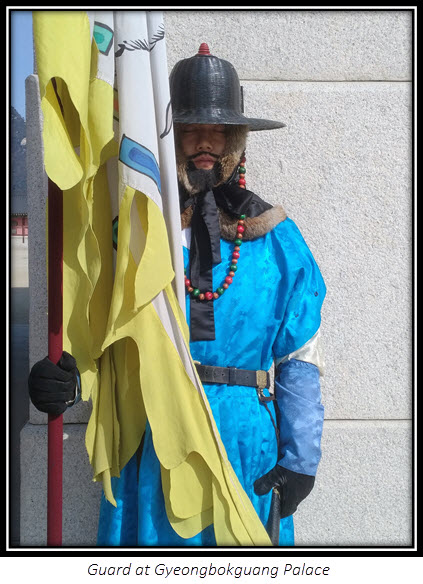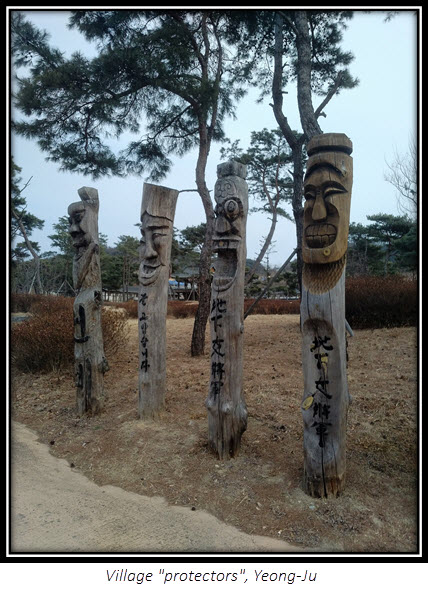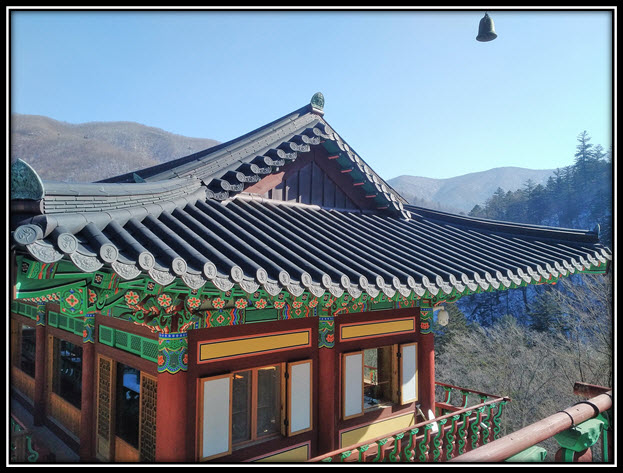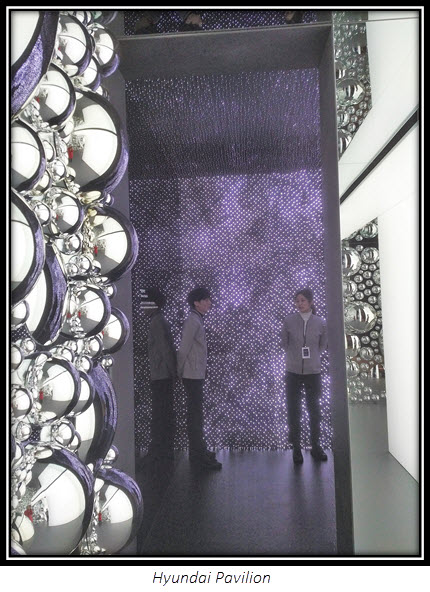BC Provincial Court Judicial Justice Carol Roberts was honoured for a second time with appointment to the ad hoc division of the international Court of Arbitration for Sport (CAS) – the body responsible for hearing any legal disputes that arose during, or in the ten days before, this winter’s Olympic Games.
In this eNews, she reports on some of the cases heard by the CAS during her time in South Korea, and mentions some of the athletic, cultural and even technological highlights of the PyeongChang 2018 Winter Games!
Cases decided by the CAS ad hoc Winter Games division
The CAS established two divisions to decide legal disputes relating to these Games. Judicial Justice Roberts was one of nine arbitrators from around the world and the only North American appointed to the ad hoc division (the AHD). From January 30 until February 25, 2018, the AHD sat in panels of three to consider five cases - all involving unresolved complaints about athlete selection.

The “Russian cases”
After the International Olympic Committee (IOC) suspended the Russian Olympic Committee for doping violations and established a procedure to permit individual Russians to compete, the Russian Olympic Committee submitted 500 athletes for consideration. An Independent Review Panel decided that 389 of those athletes might be eligible to participate, and on January 19, 2018, the IOC invited 169 of them to participate.
15 of the athletes, coaches and physicians who were not invited challenged the IOC’s decision. The AHD decided it could not hear their application because the dispute arose earlier than ten days before the start of the games, and thus was outside their jurisdiction. CAS OG18/04 and OG 18/05
Another 32 Russians challenged their exclusion on numerous grounds, including that it was illegal and discriminatory. In these cases, the IOC agreed the dispute should be heard despite the time limit. The AHD rejected their arguments, noting that participation at the Olympic Games is not a right under the Olympic Charter, the process was designed to protect the rights of individual athletes who were not implicated in institutionalized doping, and the process was not discriminatory, arbitrary or unfair. CAS OG18/02 and 18/03
The other cases decided by the AHD involved unsuccessful applications by a Virgin Islands bobsledder OG18/01 and a Lebanese skier OG18/06 to overturn decisions denying them the chance to compete in the Games .
Anti-Doping Division cases
For the second time in the Games’ history, CAS established an anti-doping division (ADD) to deal with doping disputes during or in the ten-day period immediately before the Games, in accordance with the IOC Anti-Doping rules. Consisting of six arbitrators including Canadian Janie Soubliere, the ADD dealt with four cases at the 2018 Olympics. They arose from testing both in and out of competition.
Russian curler
Aleksandr Krushelnitckii, an Olympic Athlete from Russia in the sport of curling, tested positive for meldonium (a non-specified substance) following an in-competition test. The ADD disqualified his team’s results, and they forfeited all medals and prizes, including the bronze medal in mixed doubles curling. The athlete accepted the drug analysis and the provisional suspension sought by the World Curling Federation but reserved his rights to seek elimination or reduction of his ineligibility period after the Games. He had already left the Olympic Village and returned his medal to the Russian National Olympic Committee by the time the ADD decision was announced. CAS ADD 18/03

Japanese speed skater
Kei Saito, a Japanese short-track speed skater, tested positive for acetazolamide (a diuretic/masking agent/specified substance) during an out-of-competition test. The IOC and the International Skating Union (“ISU”) sought a provisional suspension. Mr. Saito accepted the provisional suspension from the 2018 Games and any future ISU competitions and left the Games. The procedure on the merits of the case will continue and the CAS ADD will issue a final award after the Games. (decision)
Russian bobsledder
Nadezhda Sergeeva, a Russian bobsled athlete, tested positive for trimestizaine during an out-of-competition test. The ADD disqualified Ms. Sergeeva from the women’s bobsleigh event and the results of the Olympic Athletes from Russia team of Sergeeva and Kocherzhova were disqualified. Ms. Sergeeva admitted the anti-doing rule violation. She was excluded from the 2018 Games and her accreditation withdrawn. She reserved her right to seek the elimination or reduction of the ineligibility period after the Games. (decision)
Slovenian hockey player
Ziga Jeglic, an ice hockey player from Slovenia, tested positive for fenoterol (a specified substance) during an in-competition test. Mr. Jeglic accepted an anti-doping rule violation and was suspended from competing for the remainder of the Games. He left the Olympic Village. The procedure on the merits of the case will continue and the ADD will issue a final award after the Games. (decision)
Note: The World Anti-Doping Code prohibits athletes from taking a number of substances identified on the prohibited list. Since it’s possible for a substance to enter an athlete’s body inadvertently, the Code categorizes substances as “specified” or “non-specified”. A tribunal can impose a reduced sanction for a “specified substance”.
Sport, Culture and Technology
When not hearing cases and writing reasons for decisions in one of two temporary offices operated by CAS at the Yongpyong Alpine Centre, Judicial Justice Roberts was able to watch some of the Olympic events and visit cultural sites.

Sangwonsa Temple
She says, “The spirit of Olympism was on display at the XXIII Winter Olympics - starting with the somewhat controversial decision to unite the North and South Korean Women’s hockey team. While the team play likely suffered somewhat due to the lack of practice, education and mutual respect, if not a medal, seemed to follow.
I saw memorable performances by:
• Sven Kramer, the powerful Dutch speed skater and multiple medal-holder, who broke his own 2014 Olympic record and became the only male speed skater to win the same Olympic event three times when he won gold in the 5000 metre race in Pyeongchang
• Marit Bjoergen, the enduring Norwegian skier whose five Olympic medals brought her total medal count to fifteen, the most by any athlete in Winter Olympics history
• the “Garlic Girls” - the South Korean women’s curling team who came from “nowhere” to capture Korean hearts and promote the sport throughout the country
• Yazuru Hanu, the Japanese figure skater who impressed everyone with his repeat Gold medal performance so soon after suffering a serious foot injury
• Pita Taufotofua, the Tongan athlete who reprised his shirtless entrance at the 2016 Rio Olympic opening ceremonies in the very frigid air at the 2018 Winter Games
I also visited some of Korea’s approximately 900 traditional Buddhist temples, including two of the most famous - Gyeonbokgung Palace, one of the most iconic structures of the Joseon Dynasty, and Changgyeonggung Palace, the home of queens and concubines of the Joseon Dynasty. The architecture of the temples and the symbolism of the structures, including the pagodas, was truly enlightening.

Tech geeks weren’t forgotten at the Winter Games. Visa introduced payment-enabled gloves with an embedded chip, so payment could be made without getting your hands cold!
And the Hyundai Pavilion was surprising. Created to showcase Hyundai’s fuel cell vehicles, there were no vehicles in sight! Rather, the Pavilion, which was painted in a sprayable version of Vantablack, a proprietary substance that is made from millions of vertically aligned carbon nanotubes, was designed to convey an experience. The pavilion consisted of five rooms representing water, solar energy, hydrogen fuel stacks, electrolysis and the recreation of water. Very difficult to describe, but the photo shows parts of the hydrogen room and the hydrogen fuel stack room.”
To see the final awards in these CAS cases, check their website from time to time.
Read about the athletic and legal background that made JJ Roberts so qualified for the international sports court and her experience at the Summer Olympics.

